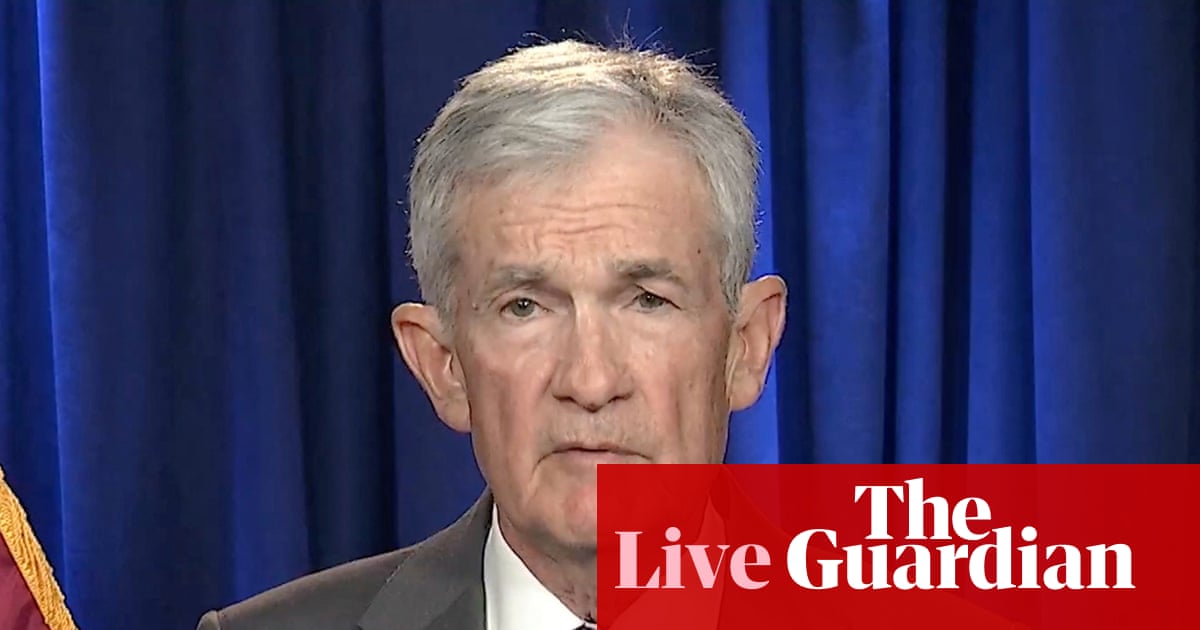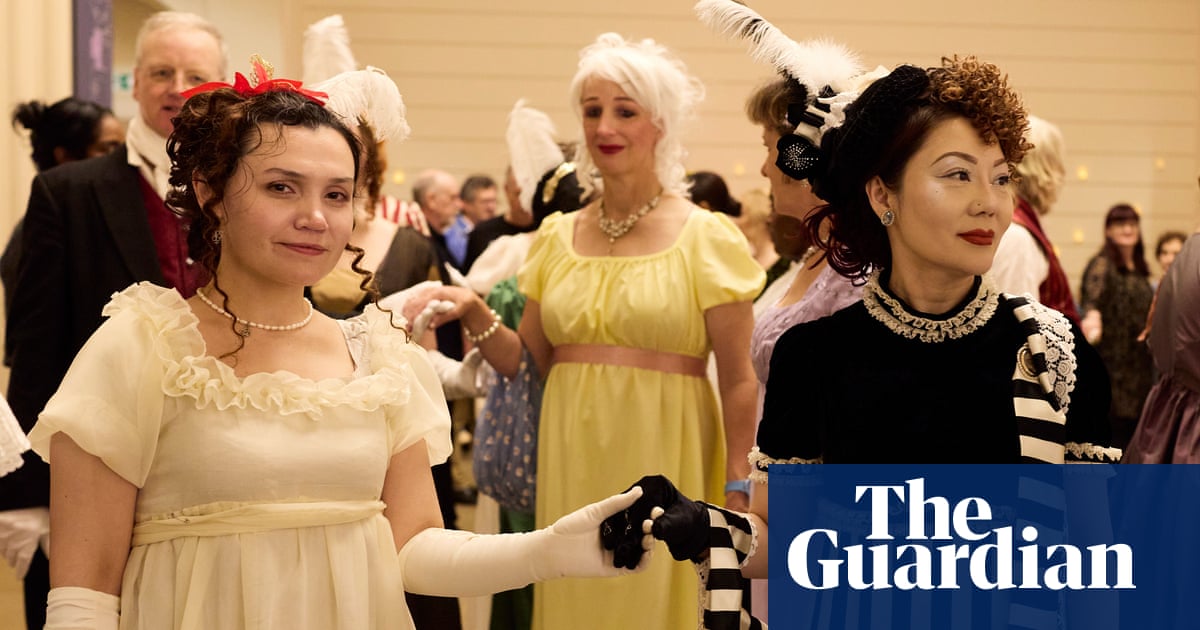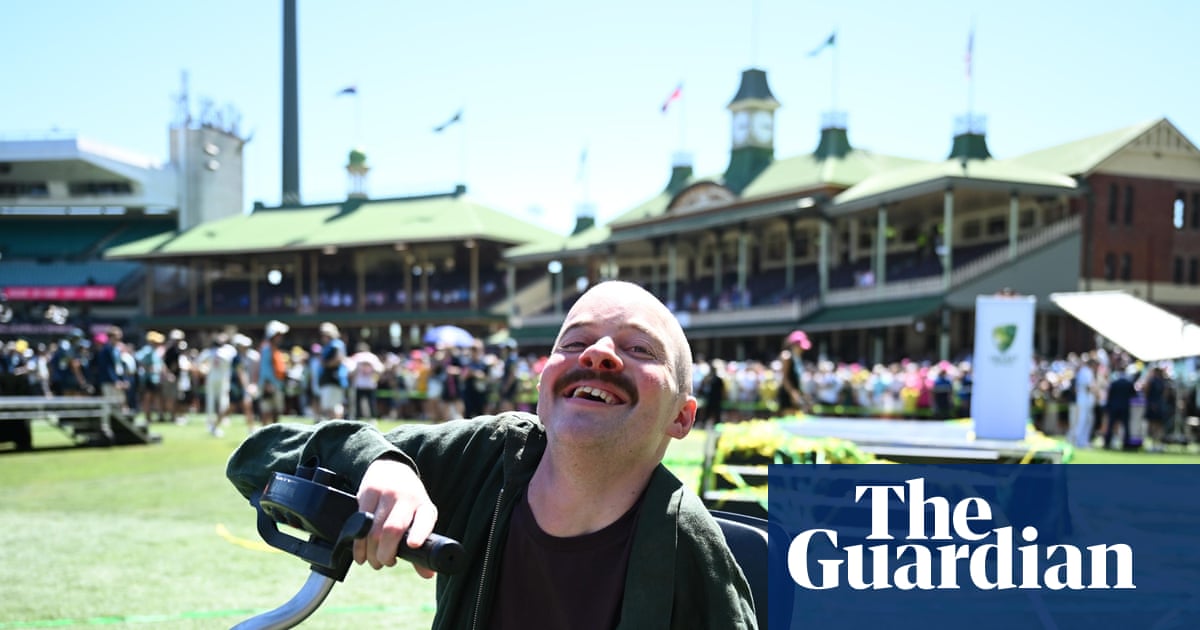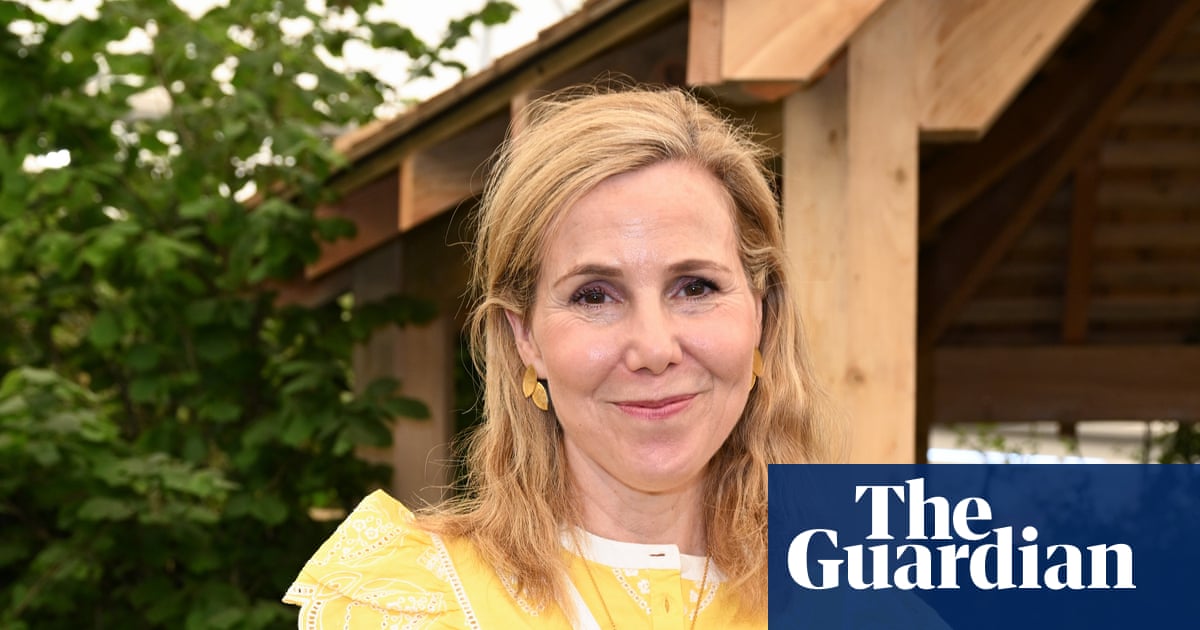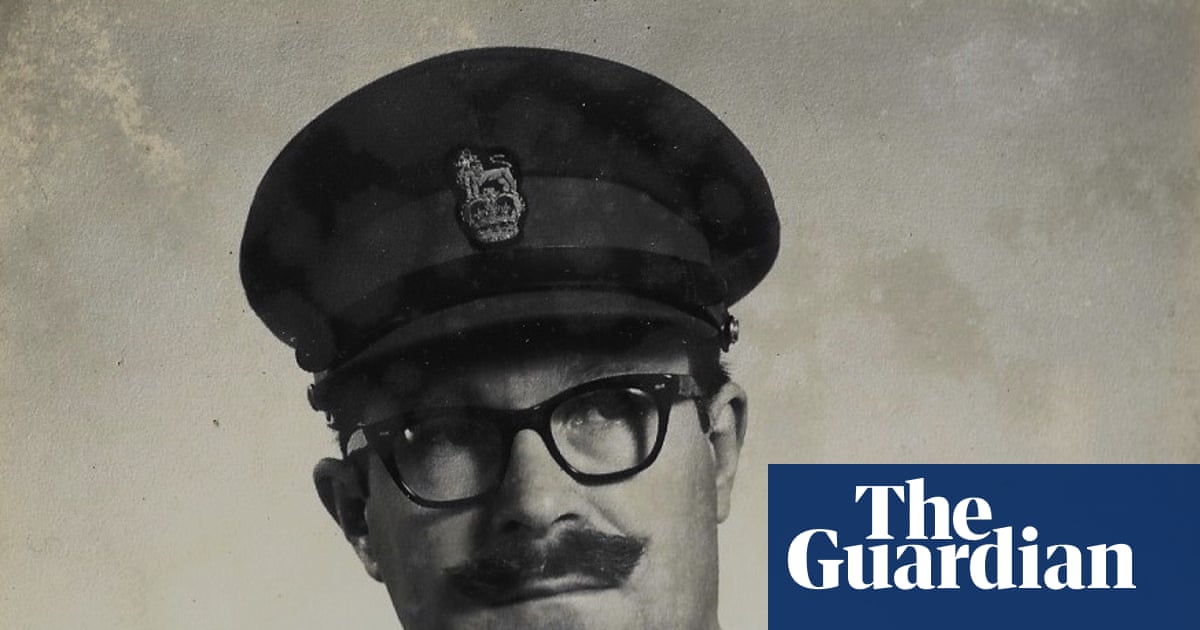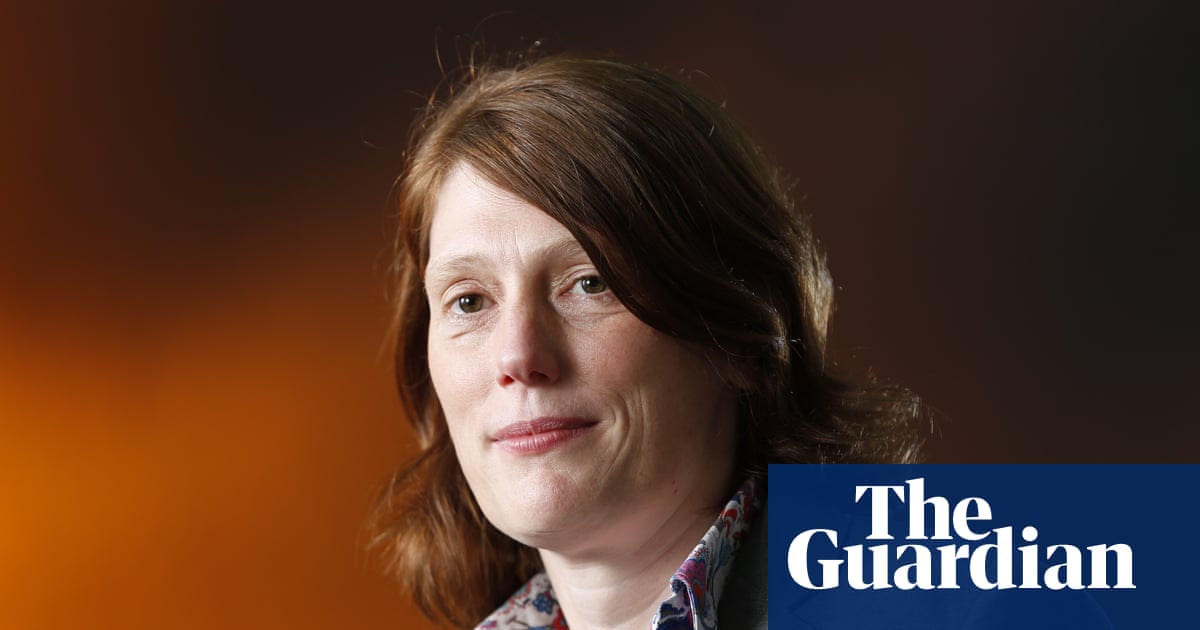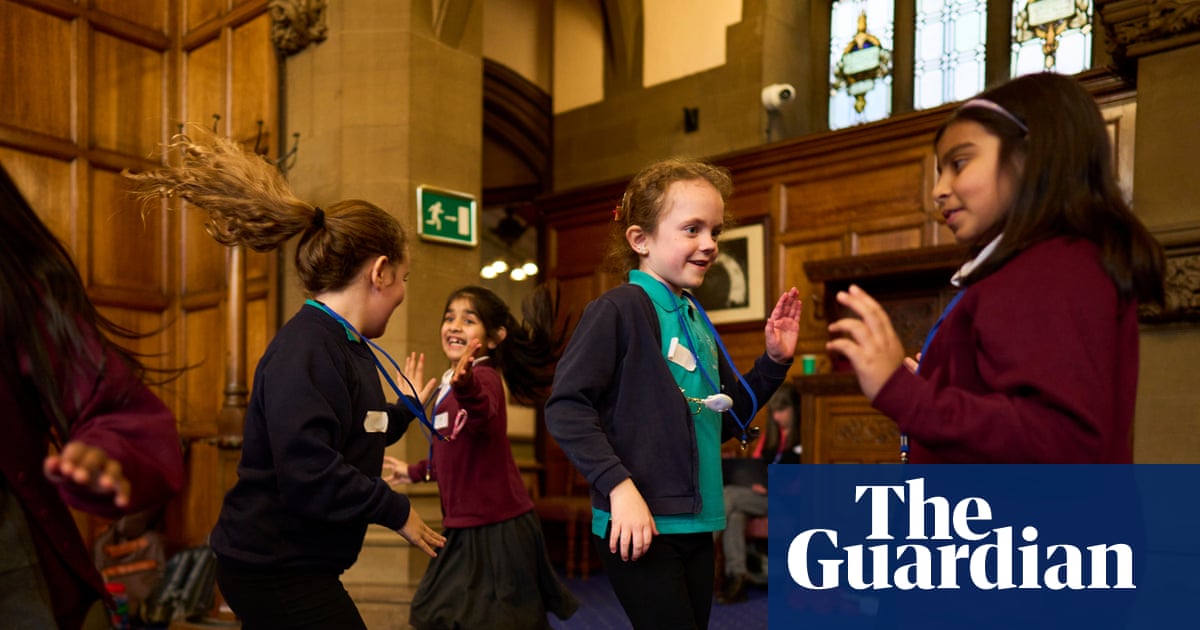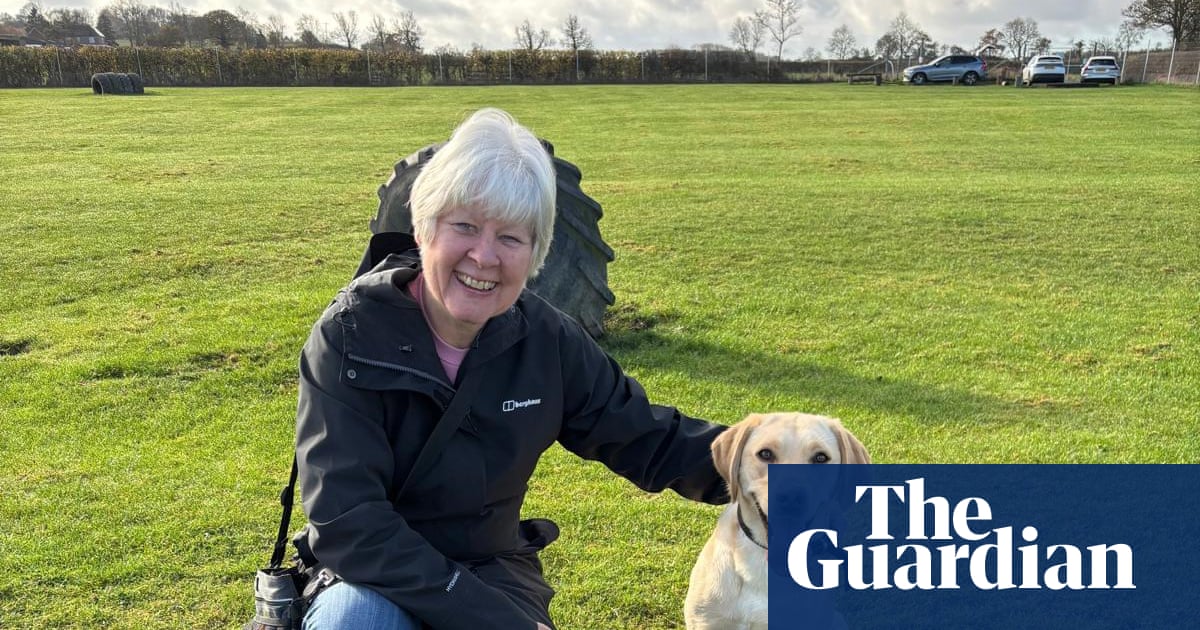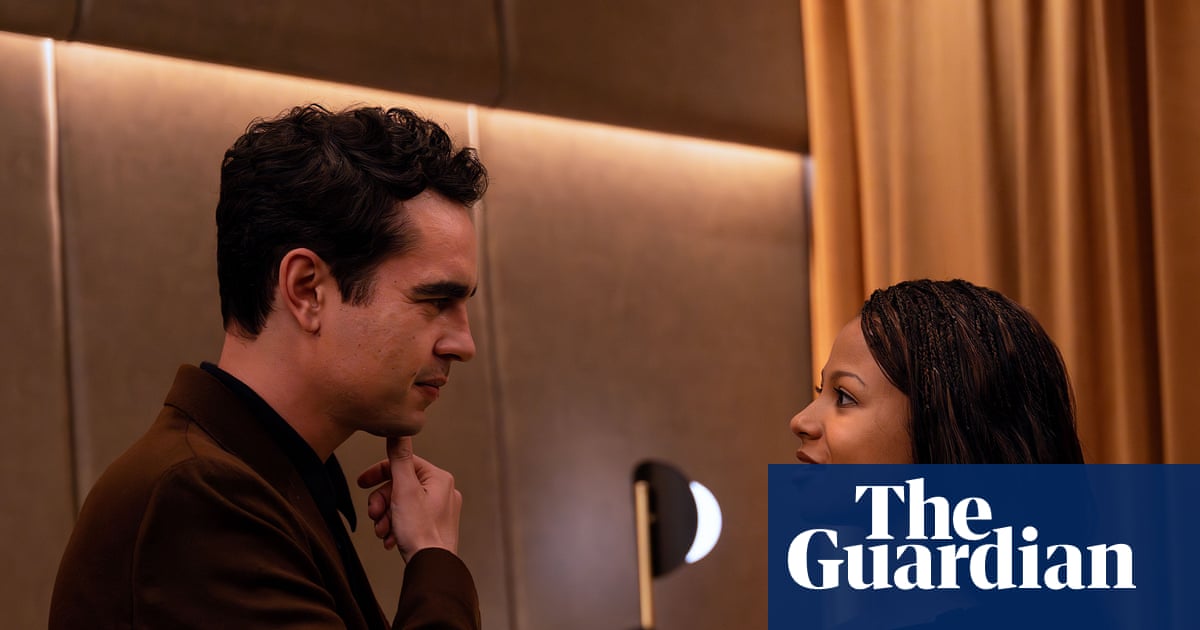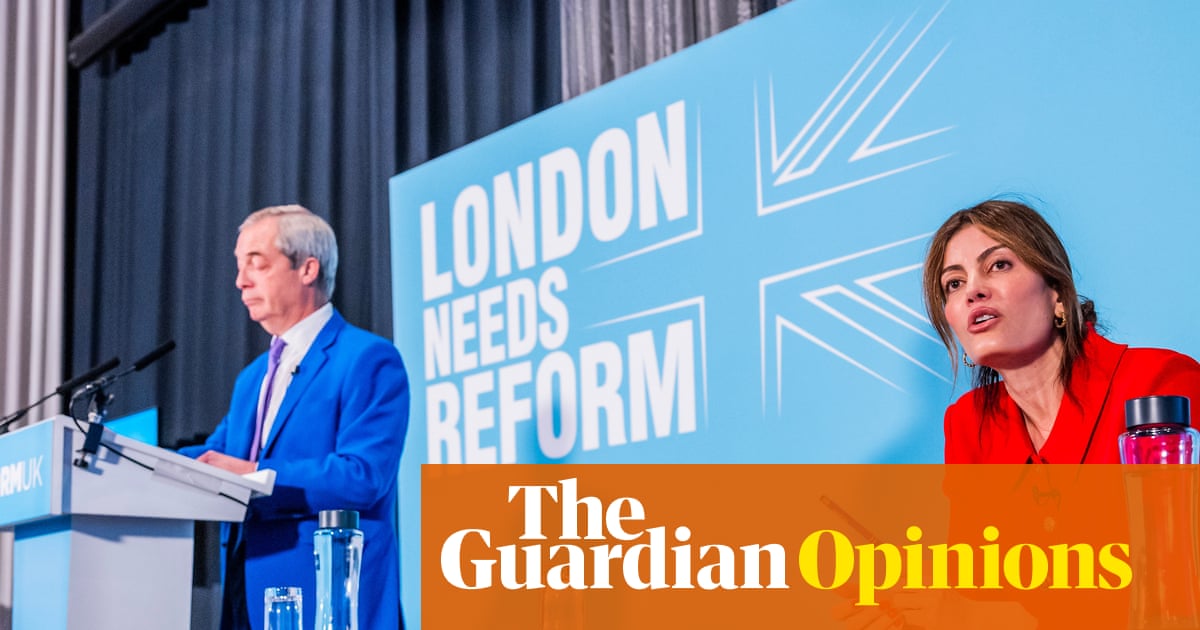‘I got a phonecall from the police saying your name is in a notebook and I joined one of the bundles of people who took that to court,” says the actor, David Tennant, carefully. “I mean, at the time I was in Doctor Who so I was useful for a story, I suppose …
“It didn’t come as a massive surprise, but the whole thing had always felt like a gross invasion. It felt like the world had gone a bit mad, that we lost a moral compass, that a layer of humanity was being stripped away by what was happening here.”
Tennant is one of more than 1,600 people who has settled out of court with the publishers of the now defunct News of the World over the phone-hacking scandal, which closed Britain’s biggest-selling Sunday newspaper and shone a light on the cosy relationships between some parts of the media, government and police in the UK. He is cautious when talking about his experience. “I get very confused as to what I am legally allowed to talk about,” he admits.
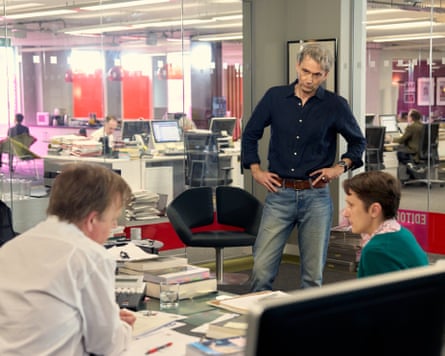
It was all quite some time ago, too. The drip-drip of stories in the Guardian about illegal news gathering by Rupert Murdoch’s tabloid; the collapse of the “rogue reporter” defence that sought to pin the blame for wrongdoing on the News of the World’s royal editor, Clive Goodman; the public revulsion about the hacking of the phone of the murdered schoolgirl Milly Dowler; the trial of Rebekah Brooks (cleared and still head of Murdoch’s papers in the UK) and Andy Coulson (jailed after being forced to resign as both editor of the News of the World and, later, as David Cameron’s spin chief).
The News of the World closed in 2011, with Murdoch apologising to a parliamentary committee – “my most humble day”, the media mogul said. The Crown Prosecution Service shuttered its investigation in 2015 and Tennant received his apology and payout three years later. An old story, then.
And yet it isn’t, say Tennant and Jack Thorne, the scriptwriter who, along with Stephen Graham, won an Emmy last week for the Netflix hit Adolescence.
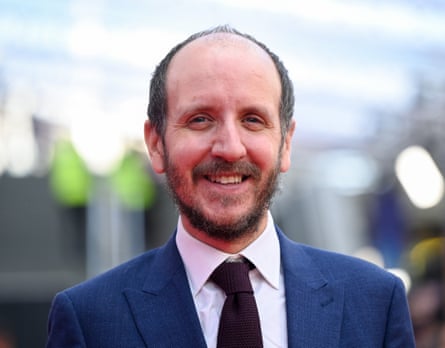
Tennant and Thorne are talking via video-call (Tennant is filming the second season of Rivals “in the middle of a field, God knows where”) to promote The Hack, their new ITV drama series.
It follows the saga through the eyes of Nick Davies, the Guardian reporter who pursued the story and Dave Cook, the police detective who investigated the axe murder of the private investigator Daniel Morgan. Figures associated with the News of the World were allegedly involved in attempts to interfere in the police investigation. Tennant plays Davies and Robert Carlyle, best known for playing Begbie in Trainspotting, takes on the role of Det Ch Supt Cook.
Thorne, 46, says he did not initially think there was something interesting to be told about “a group of journalists behaving badly that got found out”.
It was only as he read into it more that Thorne realised it was “something that involved a lot more groups of people, at least after it came out”.
“How that worked, in terms of that relationship between politics, the police and the media, is really, really interesting,” he says. “And that thing of celebrating journalism that was brave enough to stand up to its own industry – which is not something I’d be capable of in my industry – was fascinating to me.”
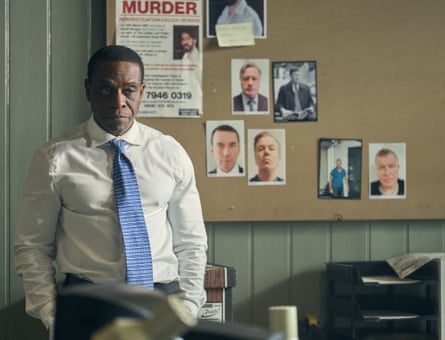
He adds: “It’s not about these powerful bodies – the press, the police and politics – conspiring together. I think there was a complacency, more than that.
“There was a complacency in the journalism, and then there was a complacency in the way those other bodies looked at that journalism.
“They said, ‘OK, this is how much we understand, and this is how much we choose to understand. And, because we’ve got our own things going on, we’re going to keep on that path’.”
The scandal is key to understanding how we ended up where we are today, he says. It was a kind of “destruction of journalism” – or, at least, the model in which the so-called legacy media were able to assume a certain level of trust among the public.
It is also an unfinished story, say Thorne and Tennant.
The fallout led to a public inquiry chaired by Sir Brian Leveson that looked at the culture, practices and ethics of the British press.
There was supposed to be a second part that would have examined the relationship between journalists and the police, including criminality and corruption. The Conservative government stopped it in its tracks. Keir Starmer appears equally uninterested.
“We only heard half of it,” says Thorne. “And Leveson should have been given the ability to go back in and look at criminality in particular, which could have led to a whole number of different conclusions, which would have maybe changed the media landscape for the better.”
Tennant, 54, adds: “I don’t see any reason why it shouldn’t still happen. I think it was inconvenient. I think the first one cost five and a half million, which is a lot of money, but it’s the sort of money they bat around quite freely in other circumstances.
“So I don’t think that’s a convincing or compelling argument to why it didn’t happen. I don’t know what pressure was exerted where, but I certainly feel that the government, at the time, felt it was inconvenient, and that was a tragedy. I don’t know why the government now is continuing to ignore it.”
after newsletter promotion
The former British prime minister, Gordon Brown, has also been campaigning for the Met police to launch an investigation into allegations that Murdoch’s newspaper empire obstructed justice by the deletion of millions of emails, which is strenuously denied by News Group Newspapers, publisher of its daily tabloid The Sun and the defunct News of the World.
“A bit of a torch on it, and hopefully more people will listen to Gordon Brown,” says Thorne. Tennant agrees.
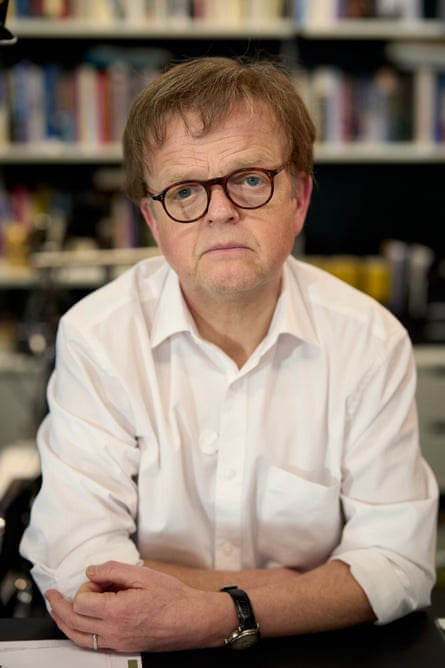
The drama makes much of the fears of the victims of phone hacking to put their heads above the parapet and challenge the News of the World.
Tennant says it was not a difficult decision for him to get involved in the dramatisation of a most acutely painful period for Murdoch and his chief lieutenants.
“Maybe I was foolhardy, and maybe I’ll come to regret that, but I think we’re being very fair,” says Tennant, who has been criticised in the pages of the Sun for some of his comments in support of the rights of people in the transgender community. “We’re being pretty objective, I think. It’s been told from Nick’s point of view, and clearly Nick had a particular agenda, but neither do we paint Nick as someone who got it all right, necessarily.”
He adds: “I just knew I wanted to tell the story. It wasn’t something that I spent a lot of time worrying about.”
As a victim of hacking, Tennant believes he was ideally placed to empathise with Davies’s disbelief that the authorities, and the rest of the British media colloquially known as Fleet Street, were willing to turn a blind eye to what was going on.
“I felt it was very easy to plug into that sense of moral bewilderment over what is happening, and that people are getting away with this,” says Tennant. “And indeed, you know, Nick’s tenacity that he stuck with this story, while the rest of the world couldn’t seem to get annoyed.
“His sense of moral outrage was so great, and he knew that this was awful, and yet the rest of the world didn’t seem to catch up.
“It’s an oversimplification but also a truth to say that it took the gross violation of Milly Dowler’s phone to really make the world suddenly go, ‘Oh, hang on. This is an awful thing to do to people. This is stealing people’s privacy. This is awful and wrong. And hang on a minute. We should have been shouting about this earlier.’”
Both Thorne and Tennant are big consumers of news. Tennant, an occasional buyer of a physical newspaper, says he tries to start the day with BBC Radio 4’s Today programme. Both men pay subscriptions to news websites.
Thorne says he finds it “immensely troubling” that truth is now so contested in Britain. He describes it as a “refusal of fact”.
“My dad has bought a copy of the Guardian every day since 1962 so he’s a die hard,” says Thorne. “I’m a subscriber to the Times, Telegraph, Guardian. I try to consume it from all sorts of different angles, because I think that’s part of my job, right? There’s a bit of a movement against news and saying, ‘It’s a little bit too depressing … I don’t engage because it gets me too upset.’ And I go, ‘You’re a powerful person. How dare you?’ We’re in a world where so much harm is happening, and it’s our job to engage.”

 3 months ago
93
3 months ago
93

